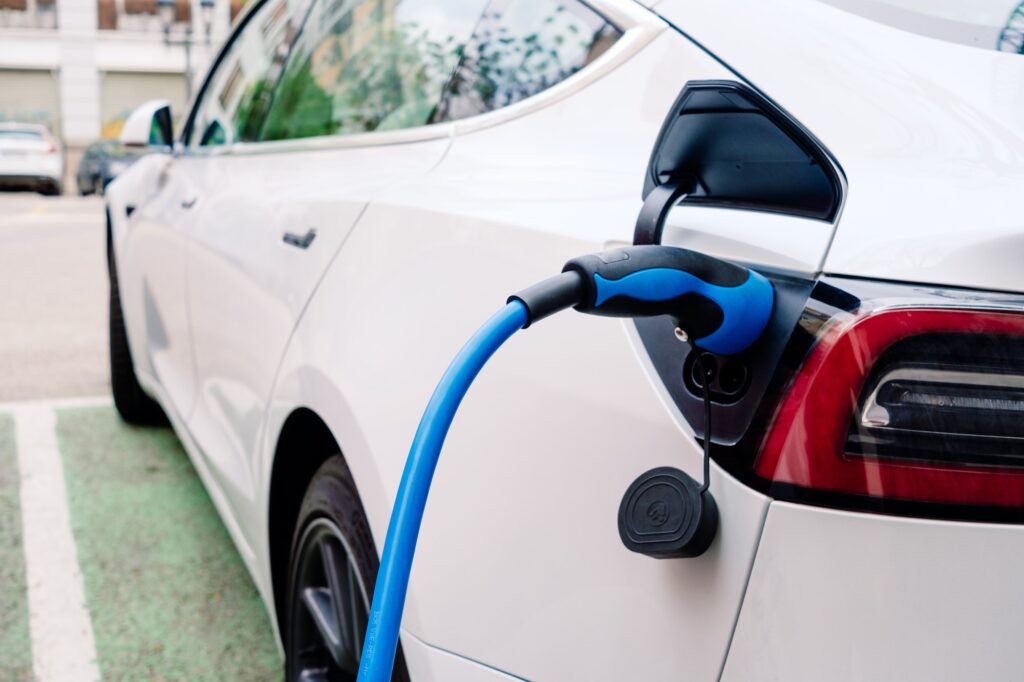For years, electric cars have been the darling of the automotive world. They’re trendy, they’re environmentally friendly, and they have a host of benefits over traditional vehicles. So why are they still so rare on the roads? In this blog post, we will explore some of the pros and cons of electric cars and help you decide if this type of car is right for you. From cost to emissions to charging infrastructure, we will cover everything you need to know before making a purchase.
What Defines an Electric Car?
An electric car is a vehicle that runs on electricity rather than gasoline or diesel. There are many reasons people might choose to buy an electric car, including the climate change issue, reducing pollution, and saving money. Electric cars have a number of pros and cons that need to be considered before making a purchase decision.
The biggest pro of electric cars is the environment. They produce zero emissions which means they help reduce climate change. On the other hand, electric cars can be more expensive to buy than gas or diesel cars. The average cost of an electric car is about $35,000 – $40,000 more than a comparable gas or diesel car. However, if you plan to drive your electric car primarily in urban areas where there are charging stations available, the expense can be worth it.
Electric cars also have some advantages when it comes to driving performance. They usually get better fuel economy than gas or diesel cars and don’t require regular oil changes like those vehicles do. However, electric cars are not as strong as gas or diesel engines when it comes to acceleration and cornering ability.
Pros and Cons of Electric Cars
There are a number of pros to choosing an electric car over a traditional gasoline or diesel-powered vehicle. For one, electric cars rely on batteries to power the vehicle and don’t require any fuel to run; this can be a major advantage in terms of both cost and environmental impact. Additionally, electric cars are also considerably quieter than traditional vehicles, making them ideal for urban environments.
The biggest con to electric cars is that they typically take longer to charge than gas or diesel cars, and their range tends to be less than those of other types of vehicles. Additionally, while electric cars are becoming more affordable each year, they remain more expensive than gasoline or diesel-powered models.
There are some definite pros and cons to electric cars. Let’s take a look at both sides of the coin.
PROS OF ELECTRIC CARS
-No emissions: Polluting gasoline engines produce nitrogen oxide (NOx), carbon monoxide (CO), hydrocarbons, and phosphorous oxides when they burn, which is why electric cars are so clean.
-Low running costs: Electricity is cheap in most places, so electric cars can be cheaper to operate than gas vehicles. The average cost of an electric car battery is $3,000-$5,000 vs. $8,000-$10,000 for a gasoline car battery. In some cases, like Norway where the electricity grid is heavily subsidized, the cost of an electric car can be less than a gas car.
-Zero tailpipe emissions: Electric cars don’t produce any emissions from their exhaust pipe! This makes them environmentally friendly as well as healthful to breathe in because there’s no particulate matter or other harmful toxins released into the air.
-No noise: Electric cars have very little noise pollution compared to gasoline cars because there’s no combustion happening inside the engine. This makes them great for people who live in neighborhoods with loud traffic or near airports where jet noise can be disruptive.
CONS OF ELECTRIC CARS
-Limited range: Like anything electronic, batteries will eventually wear out if you use your electric car extensively. The range of an electric car is typically about half that of a gasoline or diesel-powered car.
-Charging infrastructure: While there are increasing numbers of charging stations available, they’re not always readily available in all areas. In addition, the cost of charging an electric car can be high, particularly if you don’t live near a major metropolitan area.
-Price: Electric cars are typically more expensive than gas or diesel cars. On average, they cost $35,000-$40,000 more than comparable models. However, this may not be the case in all cases and there are various government and financial incentives available to help offset the initial cost.
-Range anxiety: Some people may have concerns about being able to go far on a battery charge and whether they will have enough range for their needs. This is less of a problem with more recent electric cars that have longer ranges, but it’s something to consider when shopping for a new vehicle.
Final Thoughts
Overall, there are many reasons why you should consider getting an electric car. Electric cars are more environmentally friendly than gas-powered cars, as they produce zero emissions and can help to reduce air pollution. They are also cheaper to operate, as electric cars have lower fuel costs and require less maintenance than gas-powered cars.
Additionally, electric cars can be more efficient and offer a smooth, quiet driving experience. With a growing network of charging stations and advances in electric car technology, it has never been a better time to switch to an electric car. By considering the environmental, financial, and performance benefits of electric cars, you can make an informed decision about whether an electric car is right for you.

